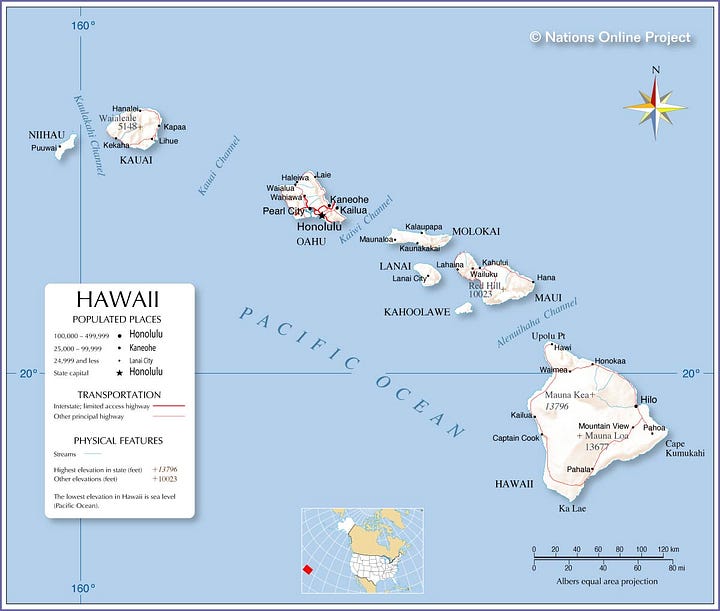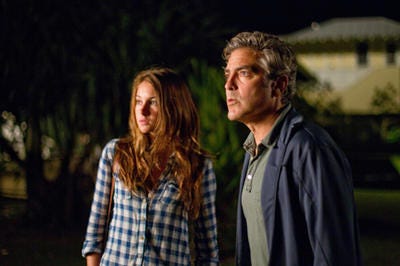50 STATES 50 MOVIES: HAWAII
In The Depth Of Paradise, A Struggle With 'What Is,' 'What Was' and 'What Will Be.'
The Descendants


There are moments when my mind wanders and I think about the fact Hawaii is a state. Did our Founding Fathers ever ponder that the country they founded would grow so large that a Polynesian kingdom thousands of miles away on the other side of the world would one day hold the same status as Virginia? I think about how the first Americans …
Keep reading with a 7-day free trial
Subscribe to Nick Rafter Writes to keep reading this post and get 7 days of free access to the full post archives.




